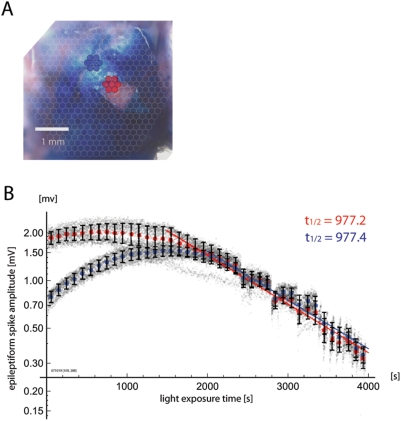Figure 5. Dura mater contributes to non-exponential bleaching kinetics.
A. A small area of dura was dissected and reflected. Blue and red highlights indicate the selected areas for which signal was plotted below. B. Epileptiform spike amplitudes (ΔFepileptiform) were measured over time, as in previous figures. Signal from areas with dura intact (blue) showed more increase in signal during the initial, non-exponential phase of “bleaching,” compared to signal from the durotomized area (red). However, in the latter, exponential phase, the exponential kinetics converged to a similar time constant and amplitude, suggesting that the dura mater contributes only to the initial, non-exponential “bleaching.” However, given the persistence of the non-exponential phase with durotomy, the dura mater cannot completely account for this phenomenon.

